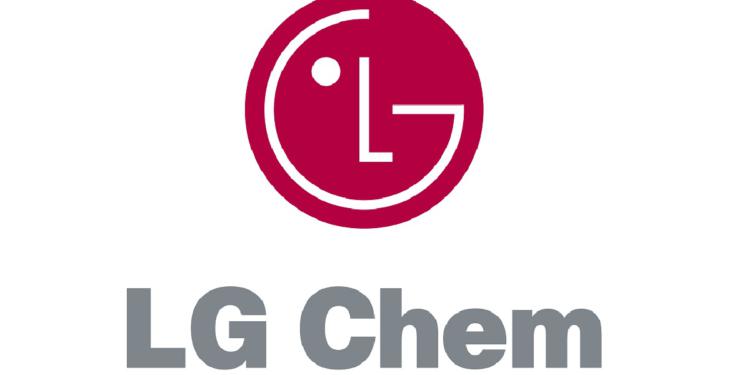LG Chem, a major lithium-ion battery supplier, is considering to hold off its plans to spin off its battery business this year. The South Korean battery division of LG said Monday that it seems unlikely that it would push ahead with its separation as the number of coronavirus infections continues to rise.
Due to growing hurdles and uncertainties about the company, LG Chem’s task force team responsible for the division spin-off concluded last week that the plan would not profit.
LG Chem reported last year in a regulatory filing that the battery maker was looking into enhancing the competitive edge of its battery business. The company’s report answered the local media’s speculation about the possibility of a spin-off.
Last year, LG Chem supposedly planned to launch the spin-off of the division by July this year. The entire group’s battery business is considered as a very promising profit generator given the company’s client list, such as EV maker Lucid Motors and Tesla.

Considering the promising growth and industry potential of the subsidiary, LG Chem planned to make an integrated unit expanding its investments to encompass batteries for handsets and rapidly increase its EV lithium-battery production to meet demands. The company also rumored to go for an initial public offering (IPO) to attract sufficient investment to sustain its battery business.
Auto Industry
The coronavirus’s impact in the local and global automotive market has been causing disruptions in parts supply and model production. Also, the auto industry’s dependence on petrochemical and the chemical industry created an environment of uncertainty, pressuring major carmakers’ profits and cash generation.
The industry expects further capacity cuts as the number of people testing positive for the virus and affected nations rise. According to the China Passenger Car Association, automotive sales in China dropped 80 percent in February compared to a year earlier.
On March 3, LG Chem announced its plan to acquire a home appliance assembly plant from Poland-based tech firm Vestel to increase battery production in the country.
The company said that it would ramp up its total production capacity to 120 gigawatt-hours by the end of the year.
Despite the positive potential for growth, LG Chem suffers from lower-than-expected profit margins because of significant investment in production infrastructure.
In 2019, LG Chem’s battery division reported 8.34 trillion won ($7 billion) and an operating loss of 454.3 billion won ($381 million).
According to a company official, regarding the prospect of a spin-off, LG Chem hasn’t officially confirmed any details.







